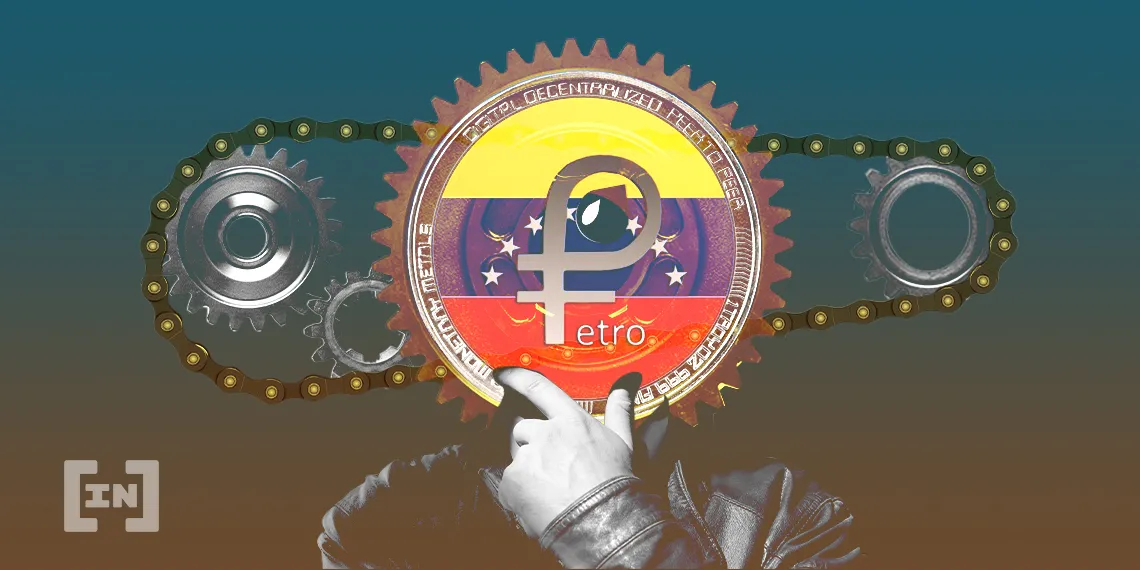Which country will be next to adopt Bitcoin when inflation hits the meltdown?

Some of the biggest economic problems among developing countries are the lack of financial inclusion and high levels of inflation. But is Bitcoin a practical solution?
Regions such as Latin America and Africa typically have high inflation rates. According to Statista, the monthly inflation rate for South America for 2022 has been 11.22%, and according to Trading Economics, the average inflation rate for Africa in 2022 has been 7.5%
Cryptocurrency was created more than a decade ago when Bitcoin first saw the light of day in 2008, with a current market cap of nearly $400 million.
According to ButBitcoinWorldwide.com, there are 200 million Bitcoin wallets worldwide, 400,000 daily users, and 53 million Bitcoin users in total.
The case of El Salvador
El Salvador was the first country in Latin America to adopt Bitcoin as legal tender in 2021.
The economic situation in the country before Bitcoin adoption was complex due to high inflation levels and lack of financial inclusion.
According to Trading Economics, the annual inflation rate for the country by September was 7.49%
After one year of the introduction of Bitcoin in the country, the surrounding opinions are mostly negative, according to the statistics provided by the El Salvador Chamber of Commerce at the beginning of 2022, with only 14% of the population using it.
One of the strongest critics of BTC adoption in the country has been the lack of knowledge about what is Bitcoin? And how does it work?
The case of the Central African Republic
The Central African Republic adopted Bitcoin as legal tender in April following a decision made by President Touadéra.
The president, together with the parliament, planned to launch a project called Sango, the first crypto hub on the continent.
CAR has been looking to have its own cryptocurrency under the Sango project, the Sango coin intended to create its own digital financial monetary system backed by Bitcoin.
According to Sango’s official website, their goals are to take Bitcoin to the next level and to create the first crypto island.
So Which countries can accept Bitcoin as legal tender?
In Latin America, Venezuela has been considered a crypto-friendly country, according to Triple A. Over 10.3% of the population invests in crypto, roughly 2.9 million people of the population.
The country has its own cryptocurrency called Petro, backed by their government and launched in February 2018.

The digital currency is backed by the oil and mineral reserves of their own country, which are mostly used by the government.
The country has one of the highest inflation rates in the Latin American region. According to Trading Economics, the inflation rate in October was 1.946%
Mexico has also been considered a candidate to join the legal tender club. It has one of the most advanced technology policy laws after the creation of a law in March 2018. It also has the influential support of the important Mexican senator Indira Kempis.
In the Africa region, Nigeria has been considered as another of the potential countries to adopt the cryptocurrencies as legal tender.
The economic situation in the country along with their rapid level of Bitcoin adoption has positioned Nigeria as a perfect candidate to be one of the next players in the crypto industry as cryptocurrency legal tender.
Their local currency, the Naira, has fallen 209% in recent years and according to Trading Economics, their inflation rate for September was 20.77%
Is Bitcoin a possible solution for inflation?
Inflation is one of the biggest problems among the economies all over the world, as mentioned earlier. Latin America and Africa is one of the regions with the highest inflation rates worldwide.
Bitcoin brings a new monetary system based on the ideas of no intermediaries and decentralization.
But is it possible that cryptocurrency can be a solution to inflation problems?

In part, the answer is yes, thanks to the different characteristics of stablecoins such as USDT and USDC.
Unlike the traditional economic monetary system that prints money while it grows endlessly, the deflationary economic system of Bitcoin is due to its maximum circulating supply of 21 million coins.
What do the experts think?
Marcos Bravo Catalan, founder of Beps Global Consultants says: “Latin America is one of the most complex regions, when we talk about macroeconomic issues, with high inflation ratings and a massive lack of financial inclusion levels, the cryptocurrency world offers many opportunities to the people of different country on the continent”
Maria Mercedes Etchegoyen, lawyer and founder of Cryprogirls says: “Bitcoin has helped people all over the world while working as a new payment method system. Those countries with high inflation, corrupt governments and with high levels of regulations are the ones that I think have more chances to to adopt cryptocurrencies as legal tender.”
What will the future bring?
It is difficult to know which country will be the next to adopt Bitcoin as legal tender, but there are two economic factors that are common in countries that have led to its adoption: high inflation and lack of financial inclusion .
Following the case of El Salvador, education is a key factor in the adoption of Bitcoin or any other cryptocurrency. For this adoption to be successful, the population needs to understand what cryptocurrencies are and, crucially, how they work.
Disclaimer
All information on our website is published in good faith and for general information purposes only. Any action the reader takes on the information contained on our website is strictly at their own risk.

























